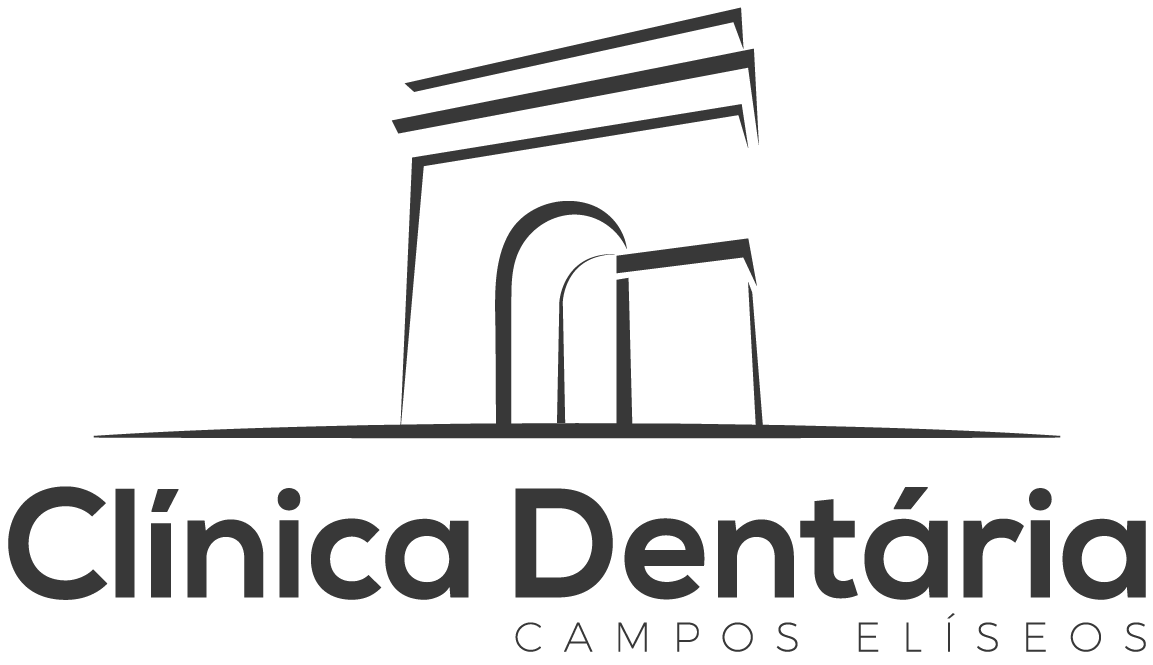
23 May Dental hypersensitivity
Teeth sensitive to heat and cold, pain by brushing your teeth or rinsing your mouth … A worn enamel or retracted gums can cause these symptoms. Tips to prevent and treat dental sensitivities.
Do your teeth hurt you when you drink your tea or when you eat a frozen sorbet? This may be a dental hypersensitivity.
This frequent condition is manifested by dental pain, which occurs in very special situations: with a food that is too hot or too cold, by rinsing the mouth or by brushing the teeth. The pains are like those of a decay but contrary to them the pains of dental hypersensitivity are not localized on a precise tooth but overall of the teeth. To confirm this diagnosis, it is important to consult your dentist.
This exacerbated sensitivity of teeth is caused by exposing the dentine, the layer of dental tissue that lies just under the enamel and along the root. When the enamel covering, it is altered or the gingiva retracts (a gingival recession), dentin is no longer protected. Porosities (microholes) exist in the thickness of the dentine, and will communicate with the pulp of the tooth where the nerve and the blood vessels that irrigate the tooth are located. Also, at the slightest contact (brushing) or stimulus (hot or cold for example), the nerve endings are directly stimulated, and the pains appear.
To protect the enamel, it is necessary to avoid the consumption of acid foods or drinks because they gradually demineralize the teeth and increase the porosities, they become more friable. Avoid over-consumption of all acidic products, especially citrus fruits (lemon, grapefruit, orange …). Be careful also with light or not soft drinks, energy drinks and medicines with vitamin C and vinegar. Attention also to traumatic brushing, particularly supported with unsuitable brushes (hard or medium). Using a hard brush with horizontal brushing results in loss of gum height, root is bare and dentin is no longer protected and will gradually wear out. Another cause of gingival recession, dental plaque and tartar, which when they accumulate cause inflammation and retraction of the gums.

The solution to avoid tartar and preserve the gums? Choose a soft-bristled toothbrush and methodical brushing: brush top and bottom separately, always brush from red to white, that is, gums to the tooth and do not forget the inner side of the toothbrush. Teeth. Use the dental supplement in the evening to clean between each tooth. Check regularly with your dentist for a professional cleaning of your teeth and explain the correct brushing procedures. Tips are even more important if the teeth are positioned incorrectly and misaligned because they are more difficult to clean.

Effective toothpastes for sensitive teeth? Yes, they improve dental sensitivity problems when used over the long term. They contain minerals that obstruct the surface porosities of the dentin. They act especially if you leave a slight lm on your teeth after brushing, on some very sensitive teeth do not hesitate to put on them a little toothpaste to let it act. Of course, it is advisable to adopt in parallel the good preventive actions in particular not to consume too many acid foods.
However, it is possible that these toothpastes are not enough. In this case, there are desensitizing products, for example varnishes, which will also fill the dentin micro-holes. A session with the dentist is enough to ask.
In conclusion, ask your dentist for advice, he will know how to prescribe a toothbrush, a toothpaste to see mouthwashes adapted to your problems of dental hypersensitivity.
WHAT YOU MUST REMEMBER
Dental hypersensitivity is characterized by pain on all teeth, in contact with hot and cold (and sometimes sweet) mainly.
It has nothing to do with tooth decay even though the pain can be confused hence the importance of consulting your dentist.
It is caused by exposing dentin, either because of a damaged enamel or because of a gingival recession. To prevent this dental condition, one must avoid consuming foods too acidic and adopt a soft dental brushing.
Some pathologies are at risk: anorexia, bulimia, cancers (due to chemotherapy), gastroesophageal reflux disease. Do not hesitate to tell your dentist, there are various solutions (toothpaste, varnish, etc.).

